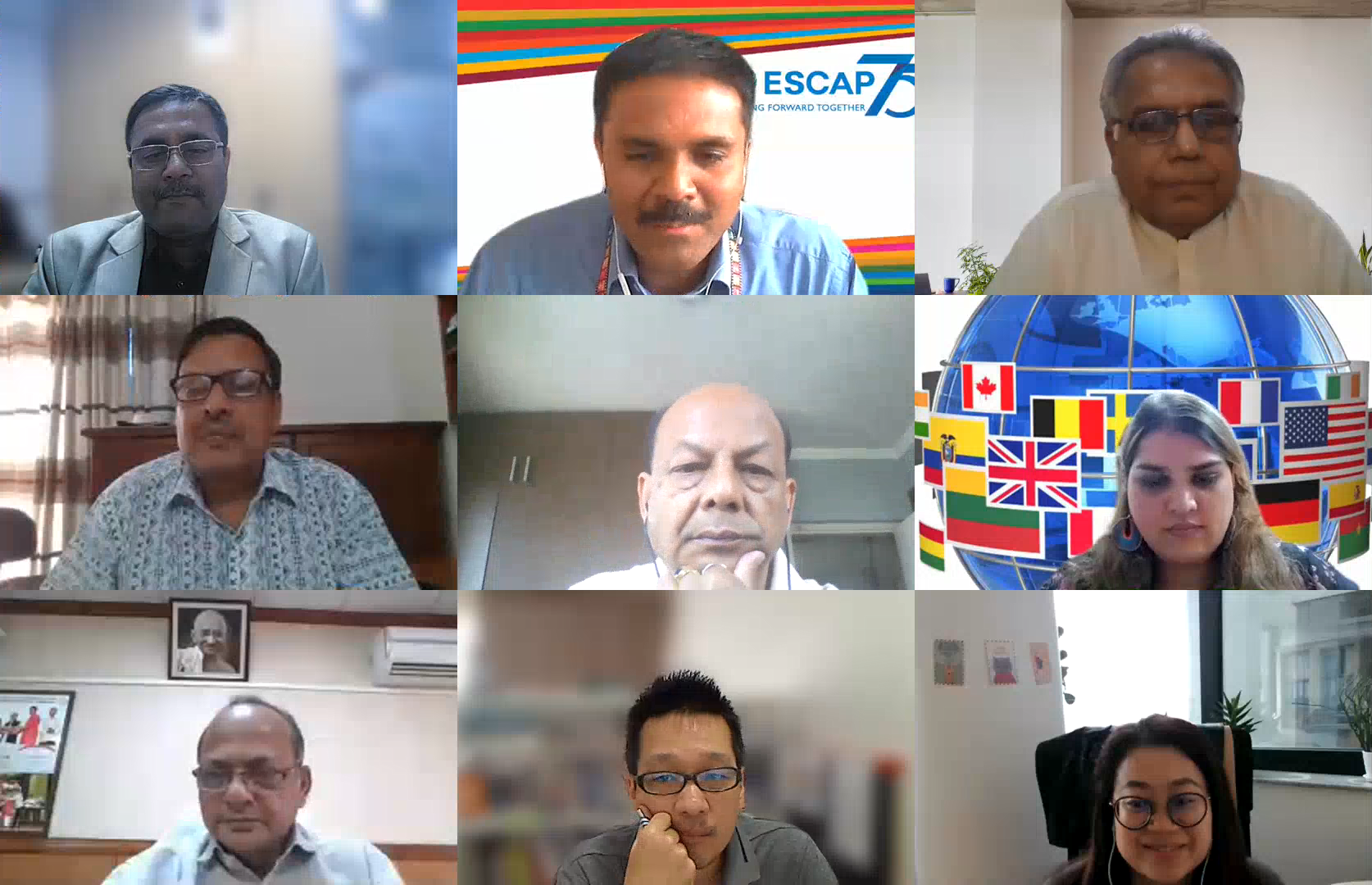CSAM and SRO-SSWA Convene Technical Consultation on Straw Residue Management in South Asia

The Subregional Office for South and Southwest Asia (SRO SSWA) of the United Nations Economic and Social Commission for Asia and the Pacific (ESCAP), New Delhi, and ESCAP’s Centre for Sustainable Agricultural Mechanization (CSAM), Beijing, jointly convened an online consultation among national experts from South Asia to inform research on integrated and sustainable management of straw residue.
Burning of straw residue is a key problem facing agriculture in many countries of South Asia. It adversely impacts people’s health due to air pollution, contributes to climate change with the emission of Greenhouse Gases and affects agricultural production and food security by causing deterioration of soil health. The consultation was organized under an ongoing ESCAP initiative where studies were commissioned with the aim to advance subregional cooperation for sustainable, climate-smart and integrated management of straw residue. This initiative involves national studies in four pilot countries - namely Bangladesh, India, Nepal and Pakistan – to better understand the status of straw management in these countries, identify gaps and opportunities, collect good practices/technologies of straw management (with particular emphasis on mechanization-based solutions), and design action plans for pilot interventions. The studies will then be compiled to explore the possibility of subregional cooperation for promotion of integrated management of straw residue.
During the Consultation, technical experts reviewed the ongoing national studies, and exchanged knowledge as well as technical and policy-oriented recommendations to address the issue of straw burning. The discussions will serve to enhance the results of the national studies to be published soon.
